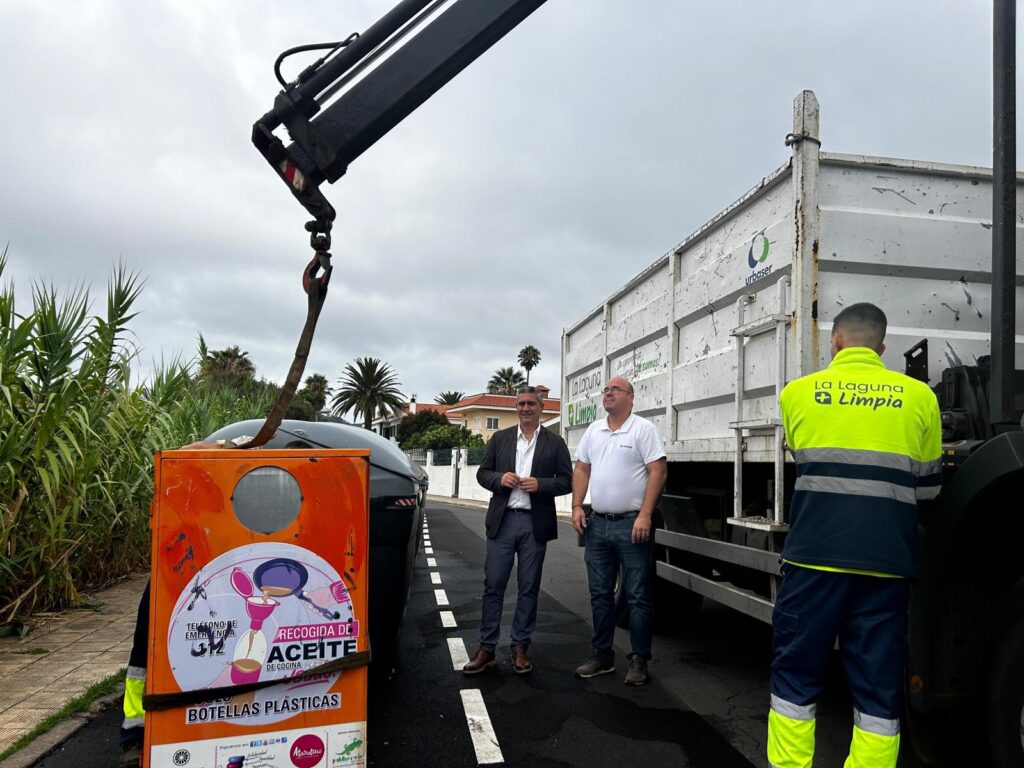
SANTA CRUZ DE TENERIFE, 24 Sep. (EUROPA PRESS) –
The President of the Canary Islands Government, Fernando Clavijo, affirmed on Tuesday that there will be “varied policies” tailored to each territory and island to regulate the economic and social advancement of the archipelago in the forthcoming years.
In answer to inquiries from ASG and AHI during the parliamentary control session, he indicated that the outcomes from the working groups established after the Conference of Presidents of Cabildos are expected to be finalised by mid-October and will be introduced during a second regional summit in the latter half of November.
He remarked that the evaluation of the commissions is “very promising” and clarified that the documents “are not finalised”, emphasising that it would be “an injustice” if public action “is not tailored” to the various territories, given the different needs.
Clavijo endorsed the Government’s “road map” for this Legislature, notwithstanding the migration discourse overshadowing daily affairs. He reiterated that the Canary Islands will have regional budgets, initiate the processing of the holiday rental legislation in Parliament before the end of October, draft a decree by year’s end to facilitate urban planning licences for local councils, and will persist in promoting health, education, and the advancement of renewable energies.
“The Government is continuing its work even though the migration issue is a concern,” he emphasised.
ASG representative Casimiro Curbelo highlighted that the Canary Islands face “numerous challenges” even though Spain is not undergoing the “best period” of stability, with budgets stalled and the migration agreement keeping politicians “occupied”.
He accordingly conveyed his backing for a review of the regional financing system, as the population growth within the Canary Islands “is challenging the public services system.” Additionally, efforts must concentrate on housing development, youth employment, training, and combating climate change.
Raúl Acosta, spokesperson for the Mixed Group, stated that the Government must “safeguard” recognition of the “specificities” of the islands in the conclusions derived from the working groups, asserting that “these are not privileges but a demonstration of solidarity between the islands.”
















